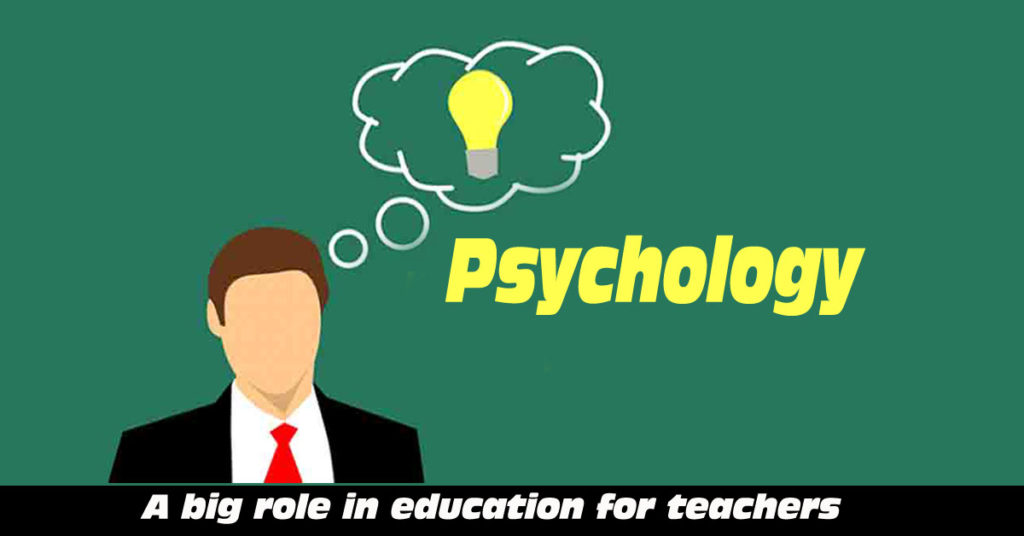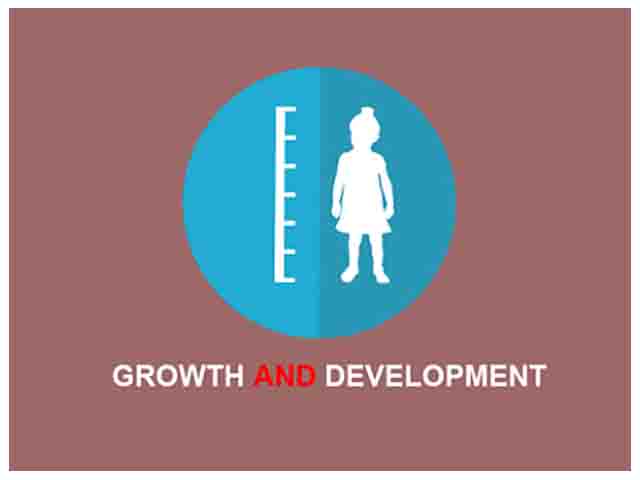IMPORTANCE OF PSYCHOLOGY IN EDUCATION FOR A TEACHER?
The very often said statement “A teacher is born, but not made.” But you know it lacks some truth in it. When we say that a teacher is born, It can be presumed that he is an end in himself.
But a teacher can never be an end in himself, rather he is a means to an end. How much a teacher may be qualified, he always requires a new attitude, skill, knowledge, and experience, to cater to the demands of the day and also the present generation of pupils.
The requirements and needs of a child go on changing from time to time, from stage to stage and environment to environment. To keep pace with these changes a teacher must have a thorough knowledge of educational psychology.
That is why educational psychology is one of the Important Subjects for the teacher to handle effectively the problems of school children. Let us try to understand the concept.
Concept of Psychology
Psychology was studied in the past in some form or other in ancient Greece. It was not a separate branch of study, as it is today. It was a part of philosophy under the title ‘mental philosophy’. So, to understand the concept of psychology, we should first throw a glance at its history
Psychology-A Science of Soul
The earliest definition of psychology was based on its etymological derivations. The word ‘psychology’ has been derived from [two Greek words, ‘Psyche’ and ‘logus’]. ‘Psyche meaning soul’ and ‘logus meaning ‘science’ or ‘discourse’.
Therefore, psychology was defined as the ‘science of the soul’ by the early Greek philosophers like Descartes, Aristotle, and Plato, as back as the fifth century B. C.
Objections
But it ceased to be a science of soul after some years because a number of objections were raised to this definition as follows;
(i) There was no common agreement on the meaning of the soul because Different philosophers defined the soul differently.
(ii) The relationship between the body and the soul was too difficult to understand. (ii) And also ‘Soul’ is not material or concrete. It is purely abstract. therefore, An objective study of the soul was not possible
Later on, psychology was defined as “the science of mind”. Aristotle, too, modified his former definition of psychology and emphasized the study of the mind. For him, though the mind is abstract its function is concrete which can be realized.
The mind is a function of the body. Again, the mind was dropped as the subject matter of psychology owing to the criticisms leveled against it.
(i) different psychologists interpreted the Mind in several ways as like a soul.
(ii) As a like soul, the mind is again invisible and abstract. That’s why a systematic study of the mind would never be possible.
Psychology-A Science of Consciousness
Psychology was regarded as the study of consciousness towards the last part of the 19th century. At that time consciousness was viewed in a broader sense, which included all activities like emotional thinking, and motor activities.
“We are aware of what we do” is One of the chief characteristics of a human being. We are aware of our mental and other activities.
Still A number of objections, too, were raised to this definition of psychology.
(i) There was no common agreement on its nature.
(ii) The word consciousness does not include unconscious behaviors but All our activities are not conscious activities. To about most of our activities we are unconscious. Most of the time we behave and act what we do not know.
(iii) in quantitative terms, consciousness is difficult to explain. It can be studied only through ‘introspection‘ or self-observation. In other words, we can know our conscious behaviors but we cannot study the consciousness of others: Introspection is not at all a scientific method.
Psychology – A Positive Science of Behavior (The most modern and widely accepted definition of psychology)
At the beginning of the twentieth century, psychology took a scientific shape. A number of definitions by different psychologists popularized “behavior” as the subject matter of psychology.
- Pillsburry- defined psychology “as the science of human behavior.”
- Mc Dougall (1908) – psychology is a positive science of human conduct and behavior. ”
- Munn – “psychology is a positive science of experience and behavior.”
- Woodwonh – “It psychology the science of the activities of the individual in relation to his environment. ”
- Warson – the best definition of psychology was suggested by I.B.Warson, an American psychologist, in 1912.
For him, psychology is the positive science of behavior”. This is the latest definition that has been accepted by psychologists all over the globe. In this definition, there are two technical words like science’ and ‘behavior’ which require further explanation.
What is Science?
Science is a systematic study of knowledge with the following characteristics.
- (i) Science emphasizes the search for truth. It deals with a group of related facts and principles of a particular phenomenon. Not only it does collect related facts by objective methods but it also develops a theory to explain it.
- (ii) Science studies only observable facts. Those facts can be verified and experimented with by any number of individuals under given conditions and can be arrived at a similar conclusion.
- (iii) Scientific statements are general and always express the truth. Psychology as a science deals systematically with human behavior. Like science, it discovers and explains the underlying laws and principles of behavior and collects facts using scientific methods such as ‘observation’ and ‘experimentation’.
As there are laws and theories in science, psychology, too, suggests laws and theories of learning, motivation, instincts, and personality. There are psychological laboratories to experiment with the facts.
Thus, psychology follows the three important methods of science such as observation, experimentation, and inference. It can predict behavior under a given set of circumstances.
Psychology as a Positive Science.
Psychology is a positive science, but not a normative (prescriptive) science. Positive science studies the facts of human behavior as they ‘are’ rather than as they ‘ought to be’.
It is normative science such as ethics or logic which says “how one should behave.” But psychology as a positive science always studies the actual behaviors of the individuals as they really occur in different situations.
In other words, psychology never says how one individual should behave, rather it is always interested in how one really behaves in practical life situations. Such behaviors may be good or bad, desirable or not, still, then psychology has to study them in their natural settings.
To read the topic importance of idealism in education, please Click here
To read my articles on health, please Click here
To read my articles on the stock market, please Click here



Comments are closed.